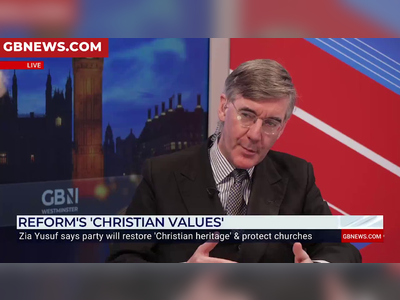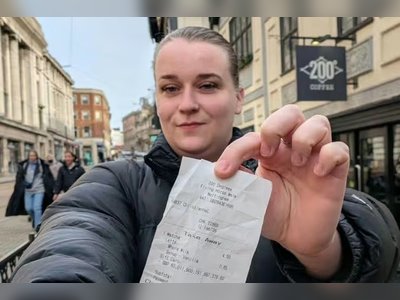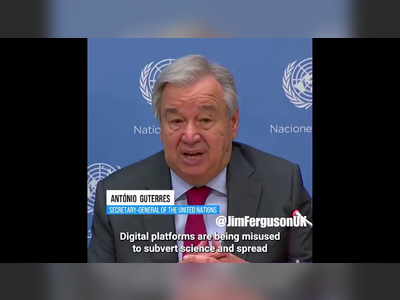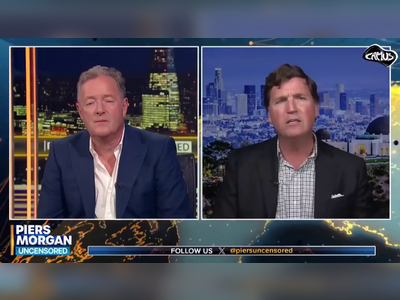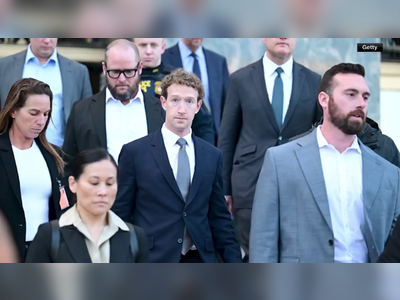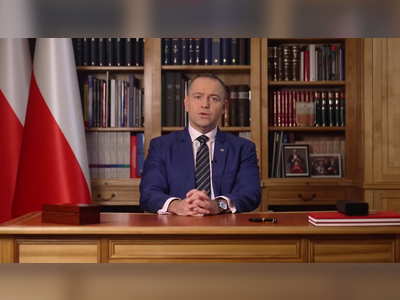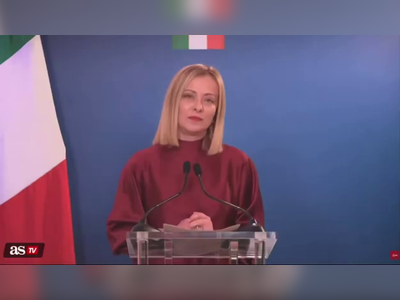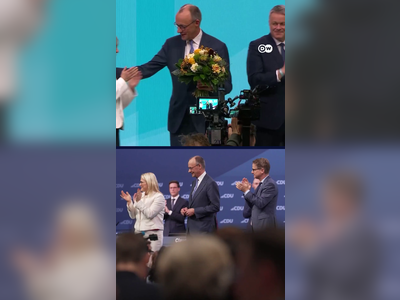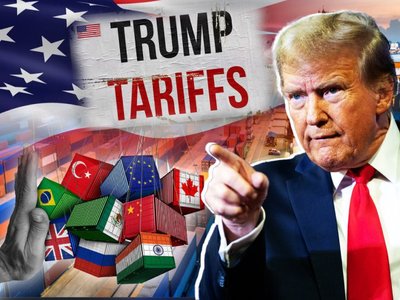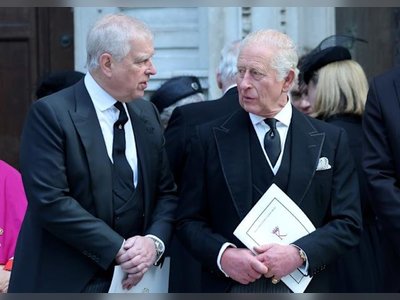Energy Relief Fund Discontinued as Dispute Over Millions Escalates
Critical lifeline for low-income households ends abruptly amid standoff between government and energy firms over funding contributions.
The sudden cessation of the Tijdelijk Noodfonds Energie, a vital emergency fund that provided crucial support to tens of thousands of low-income households grappling with soaring energy costs, has sent shockwaves through the Netherlands.
Established as a lifeline during periods of climbing utility expenses, the fund's unexpected halt stems from a sharp disagreement between the Dutch government and participating energy companies, alongside banks, municipalities, and social organizations.
The fund played a pivotal role by safeguarding vulnerable households from the burden of crippling energy bills.
However, as discussions progress for the year 2025, the coalition has reached an impasse over the financial contributions expected from major corporations.
The divide poses a significant challenge, illustrating the complex interplay between public policy objectives and private sector interests.
This development unfolds against a broader backdrop of economic strain, where many European governments strain to mitigate the impact of inflationary pressures and the energy crisis, worldwide consequences of geopolitical tensions and supply chain disruptions.
As such, the dissolution of the fund reflects not only a local dilemma but also broader challenges in balancing financial sustainability with social welfare.
Stakeholders continue to endeavour for a resolution, yet the fallout from this current stalemate raises critical questions regarding the responsibilities of corporate entities in supporting public welfare initiatives.
The situation calls for renewed dialogue and cooperation, lest vulnerable populations face an even more precarious future amid the continuing specter of energy insecurity.
As the Dutch navigate this pivotal moment, the outcome will likely have ramifications for broader European energy policy, potentially influencing how governments and industries collaborate to meet their citizens’ needs in an era marked by economic and environmental uncertainty.
Established as a lifeline during periods of climbing utility expenses, the fund's unexpected halt stems from a sharp disagreement between the Dutch government and participating energy companies, alongside banks, municipalities, and social organizations.
The fund played a pivotal role by safeguarding vulnerable households from the burden of crippling energy bills.
However, as discussions progress for the year 2025, the coalition has reached an impasse over the financial contributions expected from major corporations.
The divide poses a significant challenge, illustrating the complex interplay between public policy objectives and private sector interests.
This development unfolds against a broader backdrop of economic strain, where many European governments strain to mitigate the impact of inflationary pressures and the energy crisis, worldwide consequences of geopolitical tensions and supply chain disruptions.
As such, the dissolution of the fund reflects not only a local dilemma but also broader challenges in balancing financial sustainability with social welfare.
Stakeholders continue to endeavour for a resolution, yet the fallout from this current stalemate raises critical questions regarding the responsibilities of corporate entities in supporting public welfare initiatives.
The situation calls for renewed dialogue and cooperation, lest vulnerable populations face an even more precarious future amid the continuing specter of energy insecurity.
As the Dutch navigate this pivotal moment, the outcome will likely have ramifications for broader European energy policy, potentially influencing how governments and industries collaborate to meet their citizens’ needs in an era marked by economic and environmental uncertainty.
